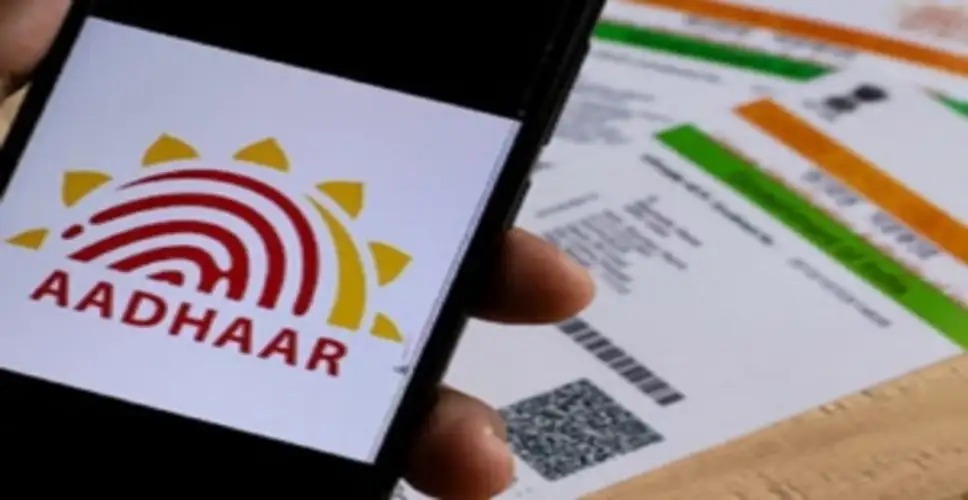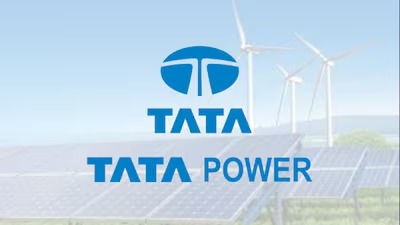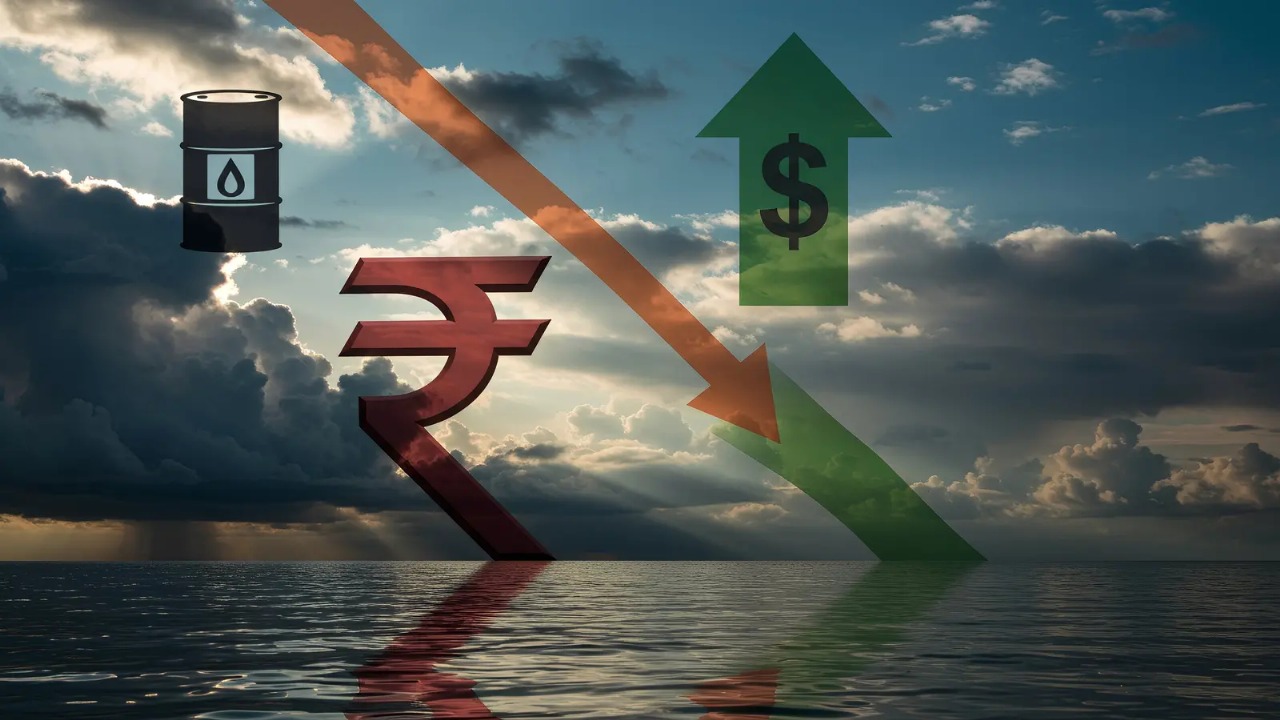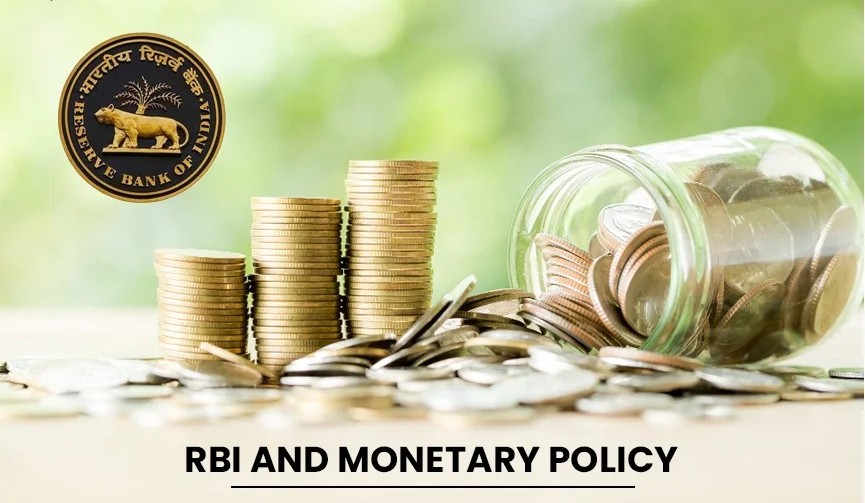 Image Source: Indian Retailer
Image Source: Indian Retailer
India's fast commerce sector is expanding at an exponential rate in large metros but at a sluggish rate in non-metro cities. The sector expanded from $1.6 billion in FY23 to over $3 billion in FY24, driven by urban demand for grocery, snack, and daily essentials delivery in 10–30 minutes. In Mumbai, Bengaluru, and Delhi-NCR cities, high density, robust logistics, and improved disposable income have made quick commerce a daily habit.
Key Highlights:
Metro Surge: It is where quick commerce was born, with Blinkit, Zepto, and Swiggy Instamart at the forefront following successful dark-store networks and AI-driven logistics.
Non-Metro Slowdown: Expansion in tier-2 and tier-3 cities is sluggish, owing to lower order density, logistical challenges, and customer affinity for kirana stores.
Market Outlook: The market is expected to grow to $5.5 billion by 2025, with metros contributing the majority. Sales are dominated by snacks and beverages, and essentials such as fresh food and personal care are seen to pick up slowly.
Employment Effect: Quick commerce is a significant employment driver, especially for gig workers, but is a profitability and workforce stability challenge.
Prospects: Although metros drive India's high-growth business, expansion in non-metros will require tailored logistics, local partnerships, and building consumer trust—harkening a two-speed future for the sector.
Source: Economic Times
Advertisement
STORIES YOU MAY LIKE
 Image Source: Gyan Hi Gyan
Image Source: Gyan Hi Gyan
 Image Source: CNBC TV18
Image Source: CNBC TV18
Advertisement



